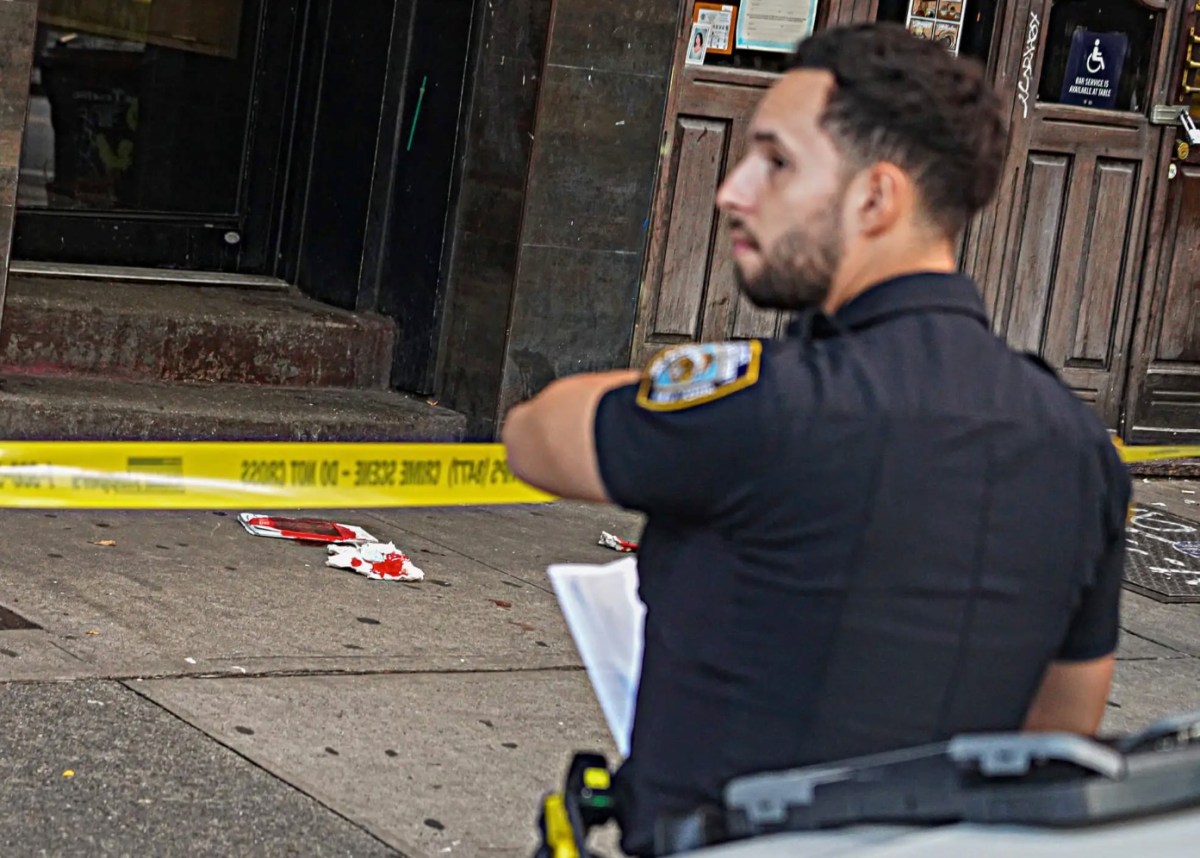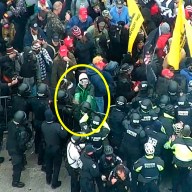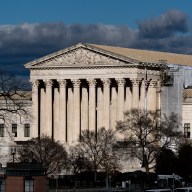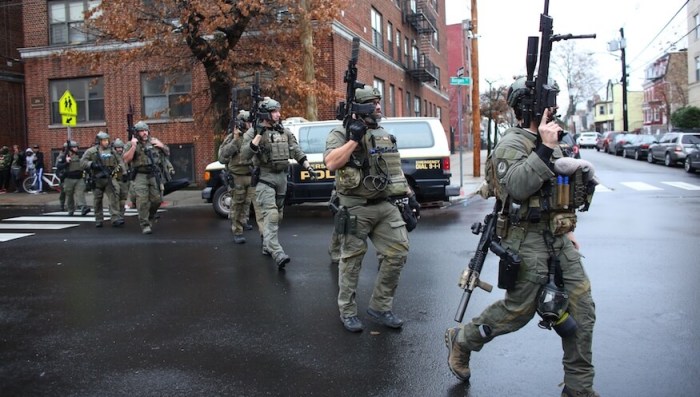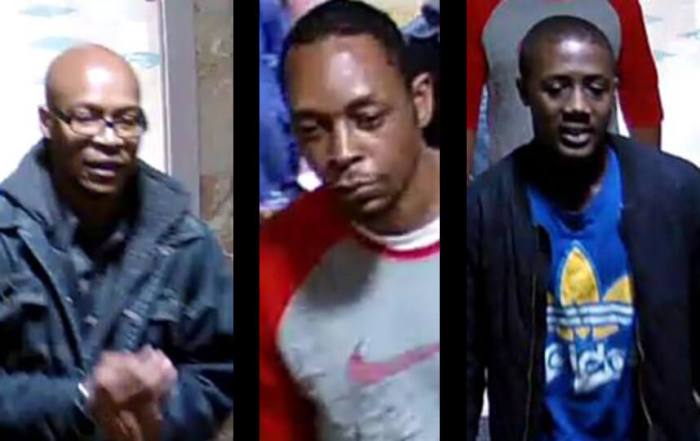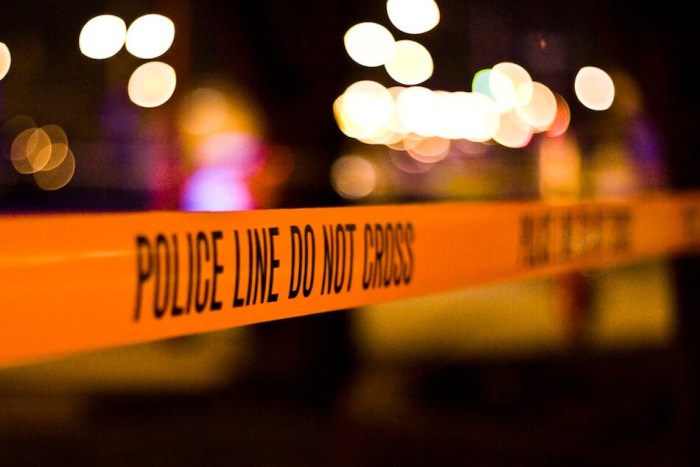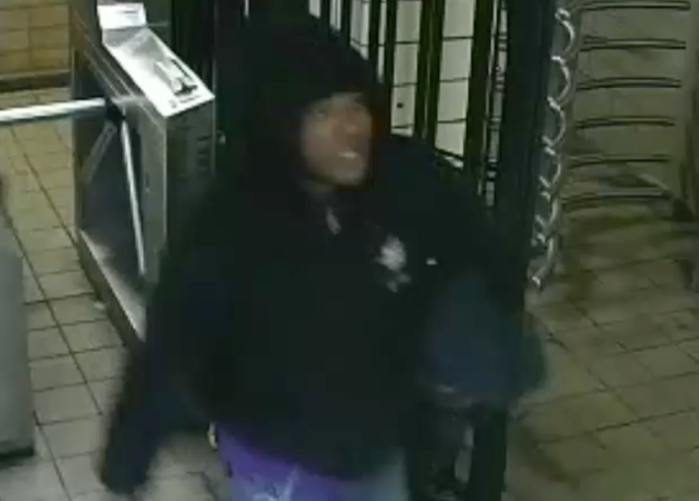Pennsylvania and New York rank among the top states in the nation with the greatest number of hate groups, according to the Southern Poverty Law Center.
New York ranks fourth, with 44 hate groups throughout the state; Pennsylvania is sixth, with 40. Texas (84), California (68), Florida (58) and Tennessee (41) fill the remaining top slots, as shown in the SPLC’s Hate Map. The SPLC tracks hate groups throughout the nation.
The Southern Poverty Law Center’s Hate Map shows which states are home to various |Courtesy the Southern Poverty Law Center” title=”| The Southern Poverty Law Center’s Hate Map shows which states are home to various |Courtesy the Southern Poverty Law Center” />
New York, Pennsylvania among states with highest numbers of hate groups
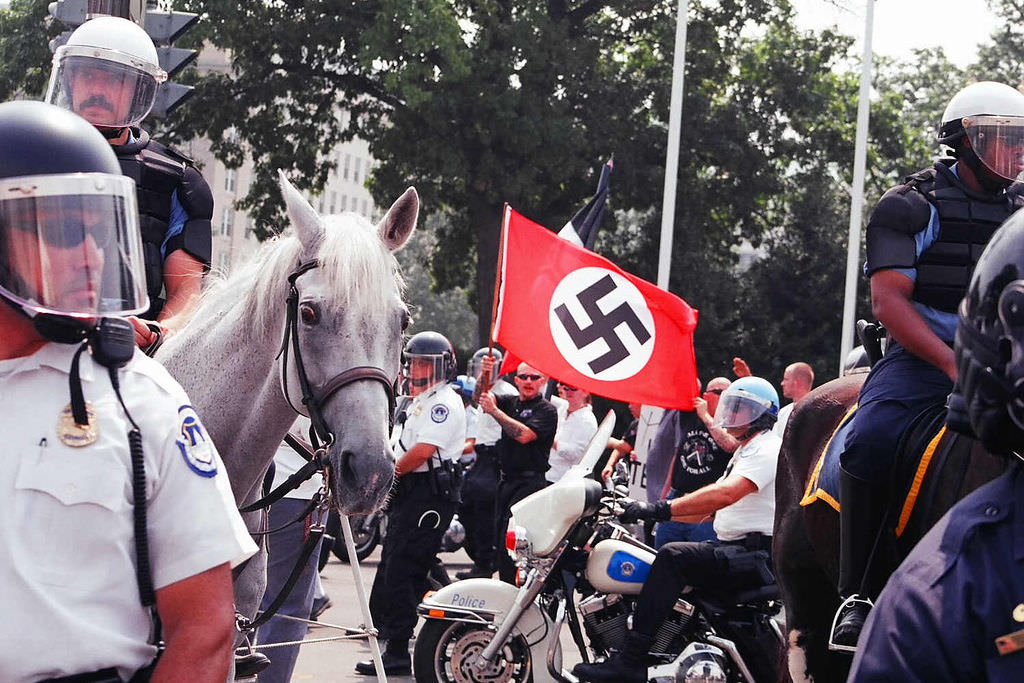
The greatest concentration in the Empire State appears in New York City: At least 26 anti-Muslim, anti-LGBT, Ku Klux Klan, black separatist, white nationalist, anti-immigrant, Holocaust denial, neo-Nazi and general hate groups are based in the five boroughs.
Those figures don’t eliminate the northern and western parts of the state, where the Adirondacks are home to more neo-Nazi and white nationalist movements; and Rochester, Syracuse and Buffalo where there’s a presence of black separatists groups.
RELATED:NYC creates Bias Response Team in wake of hate incidents
Hate groups in Pennsylvania, by comparison, are more spread out. In Philadelphia, three groups espouse black separatist beliefs, as well as anti-white, anti-Semitic and anti-integration views; a general hatred group, a KKK outpost and members of Keystone United, one of the largest single-state racist skinhead groups in the country. Others groups are located in Pittsburgh, Harrisburg and in smaller towns.
Pennsylvania is also home to one of just 10 racist music groups across the country. Poker Face, based in Allentown, bills itself as a music group singing about exposing “lies and scandals coming out of the Union’s Capitol,” according to its website.
All told, SPLC documented 892 hate groups operating throughout the country, 190 of which are KKK. Racist skinhead and white nationalist make up 95 each, and neo-Nazi accounts for 94.
The nonprofit SPLC has reported an explosive growth in both hate crimes and hate groups in recent years.
The organization reported a 42 percent increase in anti-Muslim hate groups since 2014, and a 14 percent rise in total number of hate groups during that period.
RELATED:Violent crime drops, while hate-crime escalates in Philly
In just the 10 days after Election Day, SPLC documented 867 instances of hate activity — and those were just “real-world” events and didn’t include online harassment.
New York City and Philly were not spared in that uptick: The New York Police Department reported a 30 percent increase in hate crimes from 2015 to 2016, and the Philadelphia Commission on Human Relations reported 38 instances of hate crimes and bias in December and January, more than the city sees in a 12-month period.
The SPLC looked to the president as the cause behind the violence. “Both the harassment since the election and the energy on the radical right are the predictable results of the campaign that [President Donald] Trump waged for the presidency — a campaign marked by incendiary racial statements, the stoking of white racial resentment, and attacks on so-called ‘political correctness,'” the group wrote in a report.
Leaders of hate groups have applauded the president and his decisions in office. Former KKKleader David Duke congratulated Trump after his inauguration and neo-Nazis and other white nationalist groups praised Trump’s hiring of Stephen Bannon last year.
For his part, the president hasn’t acknowledged much of the rise in hate crimes across the country. On postelection harassment, Trump instructed his supporters to “stop it.“
For those who witness or experience incidents of hate, including speech, online harassment or grafitti, Philadelphia Anti-Defamation League Regional Director Nancy Baron-Baer told Metro that contacting the authorities is vital.
“Immediately report it to law enforcement. Even though a hate incident or bias-motivated conduct may not be a crime per se, and the police may not be able to investigate,” she said, adding that such information could benefit future investigations.
Also, organizations like the ADL or other civil rights groups offer victim support and assistance, both for in-person incidents and cyber harassment.
Baron-Baer stressed the importance of not interacting with the perpetrator. Victims should not speak to or engage with their harasser, at risk of escalating the situation. Instead, they should move to another location, especially a public one, to shield themselves.






